In April 2019, Philippine president, Rodrigo Duterte, was ready to declare war against Canada.
Why? In 2013-14, about 103 ships made a journey of more than 10,000 kilometers from Canada to the Philippines. When the ships arrived in the Philippines, the authorities were not pleased. The customs officials of the island nation said the goods in the container are mislabeled.
Dialogues happened. Litigations followed. Court rulings. Diplomats were withdrawn. Ultimatums were given to Canada. Millions were spent on the logistics.
After waiting for 6 years, the Philippines finally made the declaration of War.
Things were not looking good.
So what was the reason for the Philippines to declare War? Trash and Rubbish.
Though the containers were labeled as recyclable plastic, the customs officials found the waste as household trash, kitchen scraps, plastic bottles and bags, newspapers, and diapers.
This is what the President had to say “I will declare war against them. I will advise Canada that your garbage is on the way. Prepare a grand reception. Eat it if you want to,”
Finally, Canada relented and on 30 May 2019, 69 containers of Canadian trash began their return journey of more than 10,000 km.
It might sound dramatic, but this is true, there is a Wikipedia page regarding the same. Imagine, a war being fought for garbage.
The potboiler doesn’t end here, here is more to the story:
For the last many decades, countries like – Europe, USA, Japan, Canada, Australia, etc. are exporting their waste to China for sorting, processing & disposal. China was an undisputed champion in accepting waste from the waste-exporting countries.
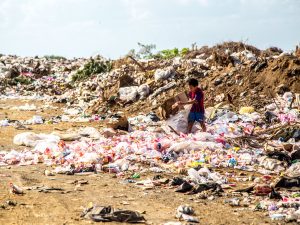

In 2017-18, the government of China banned the import of several types of solid waste, including paper & plastic waste. China further indicated it intends to ban all solid waste imports starting on 1 January 2021. The ban was to address the environmental and financial aspects.
Now, what, the waste-exporting countries had to find alternative countries, and the guardian angel came in form of other Southeastern countries.
- In the first six to seven months of 2018, Malaysia imported 456,000 tonnes of plastic waste compared with 316,600 tonnes in the whole of 2017. – Channel News Asia
As per the customs authorities of Vietnam, the country imported 9.2 million tons of scrap in 2018, which was 14 percent more than the previous year. – VN Express
Southeast Asian countries were quickly overwhelmed by the trash coming from all directions. With the enormous volume of trash that China was able to absorb, it was not possible for countries like Malaysia, Thailand, Philippines, Vietnam, and others.
The waste started to pile up on the landfills or ended up in the ocean.
How is Southeast Asia dealing with Waste generated by foreign countries?
Thailand:
In 2018, Thailand banned imports of highly toxic electronic waste and all imports of foreign plastic scrap by 2021. It also stopped the issuance of new permits for plastic waste imports. – Reuters
Malaysia:
In October 2018, Malaysia banned the import of plastic scrap and started to crack down on factories that process waste illegally. – Reuters
Philippines:
In May 2019, the country which was already reeling from Canadian waste containers ordered a total ban of waste materials from any foreign countries. – Xinhuanet
Vietnam:
In 2019, China’s immediate neighbor Vietnam also announced that they would ban all imports of plastic scrap by 2025. – IPEN
Is there a better solution to the Southeast Asia Waste crisis?
Whether it is exporting countries or importing countries, the solution is not about finding another alternative country or bans.
Countries should learn from the Southeast Asia waste crisis and plan for permanent solutions.
Respective countries need to address the root cause of the problem i.e. the increased use of single-use plastics, waste segregation and industrial waste.
The countries must establish a policy toward reducing the production of single-use plastic packaging, and introducing reusable packaging, and creating public awareness.
Moreover, it is also pertinent to ensure that the Southeast Asia waste problem is not repeated in other countries.

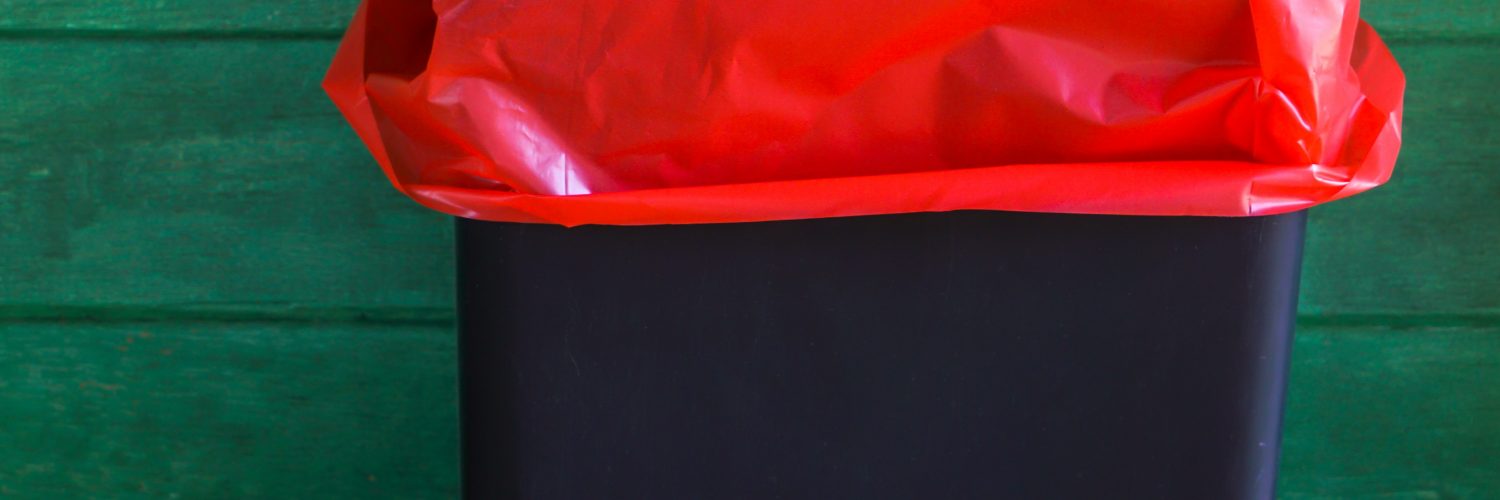
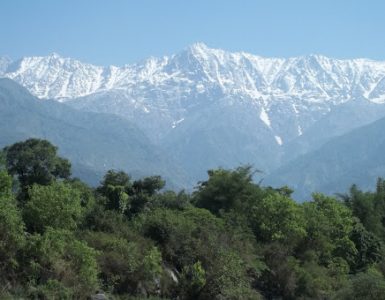
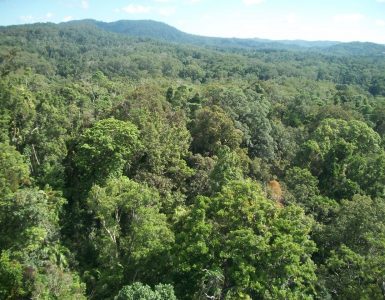

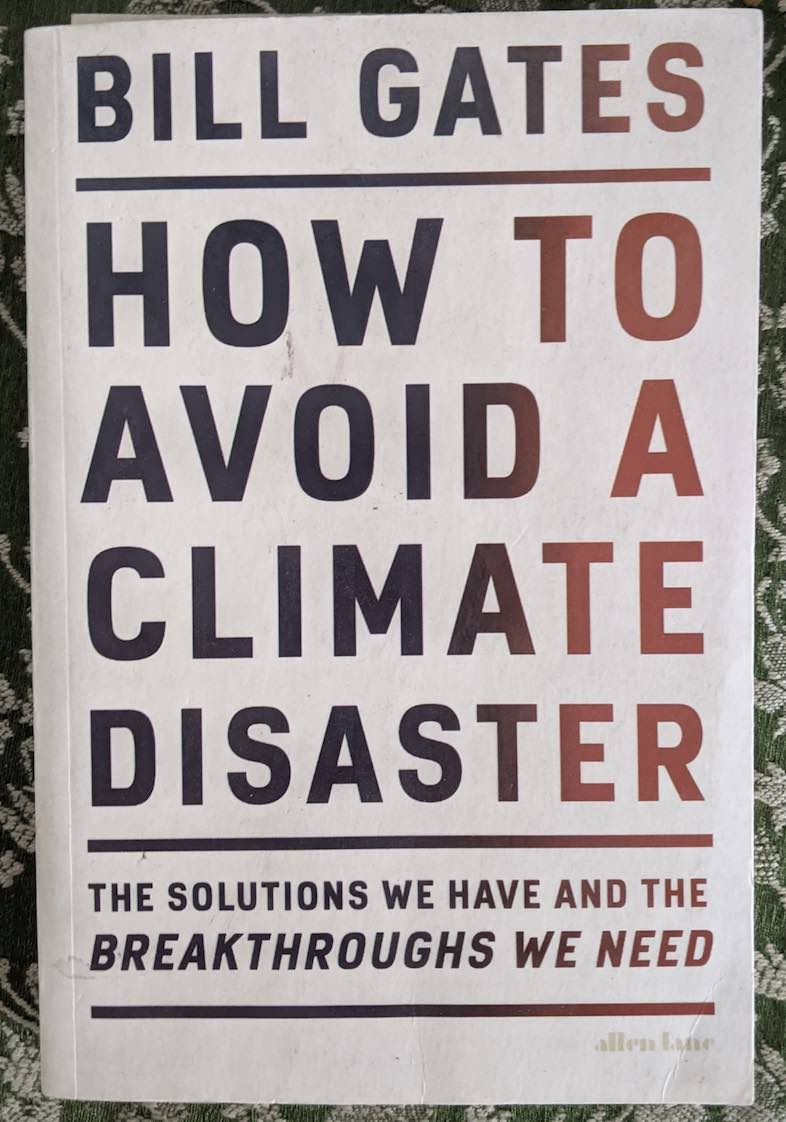

Add comment